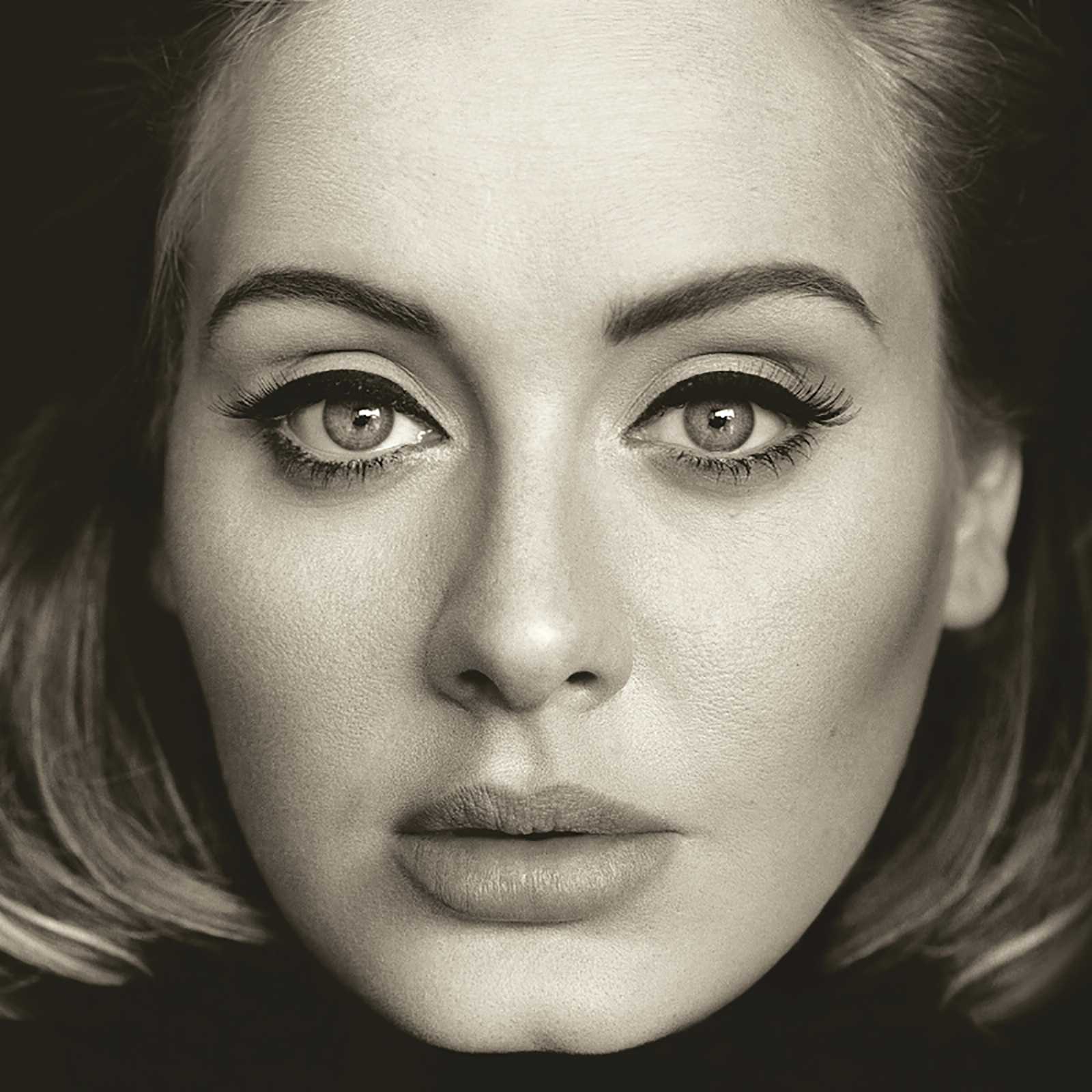You’ve likely been living under a large, secluded rock if you haven’t heard at least one chart-topping song from Adele’s new album, “25,” which fans have been waiting years for her to release. If we thought this woman was a pop superstar before, we may even be able to rank her among the divas now.
But The New York Times questioned just what the big deal is with Adele anyway, stating, “Her seeming lack of guile about it all somehow makes it more appealing; with her simple frocks and direct-hit voice and overall stylish unstylishness, she comes off as if she doesn’t get what the fuss is all about.”
But just three days later, Billboard announced that “25” sold 3.38 million copies during its first week, making it only album to sell more than 3 million copies in its first week since Nielsen began tracking that metric in 1991. CNN Money compared the album to Taylor Swift’s “1989,” which sold only 1.3 million in its first week.
Adele’s model of success is unique in that it is arguably old-fashioned. Of course she is doing a promotional tour of sorts by visiting talk shows and late night programs. Days after her album dropped, Adele surprised her fans at a look-alike contest by showing up and auditioning herself. After that, Adele made an appearance on “The Tonight Show Starring Jimmy Fallon” in a crowd favorite segment in which she sang “Hello” while Fallon and The Roots backed the song on toy instruments.
But what sets Adele apart is that we aren’t so entirely focused on the promotional or financial aspects of her artistry — instead, we focus on her music and lyrics. Everything we read about “25” is regarding her passion behind the music and lyrics, rather than her money or fame. We appreciate the art rather than the glamour.
We take a liking to Adele in this way as her private nature and outstanding musicality set her apart from the mainstream crowd. She doesn’t look like all of the other twenty-something pop stars, she doesn’t sound like them and, in this case, she doesn’t infiltrate social media like them. In setting herself apart, she maintains a spot for herself in this fiercely competitive business.
Of course, this isn’t to say that other mainstream media outlets haven’t been following or promoting Adele’s new album. On the contrary, after her hit single “Hello” hit iTunes and the radio, it was basically all we could talk about. “Saturday Night Live” featured a sketch in which a family at its Thanksgiving meal couldn’t agree on any political issues, but found solace in singing “Hello.” But the fact that this publicity hasn’t come directly from Adele’s social media accounts makes her seem even more relatable.
Even still, we may like Adele just the same were she active on social media platforms. Hundreds of celebrities are active on social media, but that doesn’t make us like or appreciate them any less. If Adele were to post a few extra selfies on Instagram every few weeks, very few people would likely complain. However, there is a difference between being active on social media and being annoying on social media. We don’t know artists as people, but we obviously want to pretend we do. So when Azealia Banks arguably ruined her career by tweeting unrelatable and crazy statements, we turned away from her. She’s not a worse musician for it, but nobody wants to give money to some freaky, victim-blaming homophobe when there’s literally too much music to listen to anyway.
At the same time, we don’t really need this look into Adele’s private life because she gives us a bird’s eye view through her music. Maybe it is helpful that Adele is keeping that projector screen clean, because she’s, as a person, whomever we need her to be, in addition to an incredible singer.
What Adele does is different — she almost blends the public persona we all see with her true personality through her music. When we listen to Taylor Swift, on the other hand, we think about her public persona and Twitter account before we consider the lyrics of “Blank Space.”
Back in September, Beyoncé was on the cover of Vogue but did not give an interview, alluding to how private she chooses to keep her life. And this works the same way — Beyoncé doesn’t need social media to make her successful, because people are going to talk about her anyway.
When Adele’s first album dropped in 2008, social media was not nearly the entity it is today. Since building her fan base in that environment, she can afford to be unique in her lack of strong social presence. Besides, Adele is a superlatively talented and powerful vocalist, and quality will always be a great business plan.




















































































































